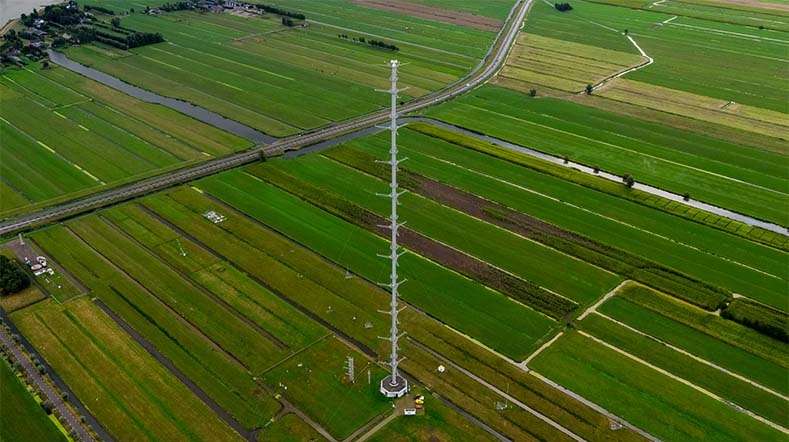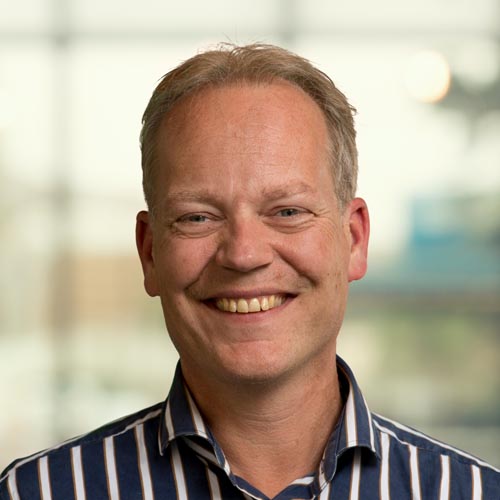Mark Huijbregts joins TNO to bring sustainability assessment to the next level
Prof. Mark Huijbregts, Professor Integrated Environmental Assessment at Radboud University, will join TNO parttime as a Principal Scientist as of 1 April. He will combine this new role at TNO with his position as professor at the Radboud Institute for Biological and Environmental Sciences, which he holds since 2010. Mark Huijbregts is known as one of the world leading experts in the area of life cycle assessment and industrial ecology.
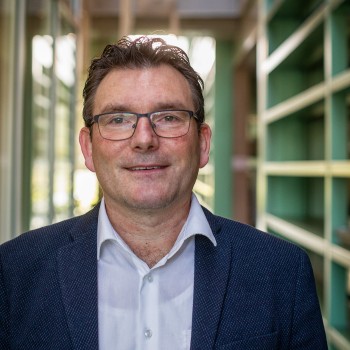
“This collaboration is a good example of how research can directly contribute to solutions in society, and how science can make an impact towards a more sustainable world,” says Mark Huijbregts. “I aim to contribute to evidence-based ways of solving the grand environmental challenges in our society.”
Sustainability assessment methods
The environmental challenges that Mark Huijbregts wishes to solve are complex and interlinked, and require scientifically sound sustainability assessment methods. These methods are based on life-cycle models: models that demonstrate the environmental consequences of products, services, and technologies over their complete life cycle (from production, use, up to the end-of-life stage). These methods and models are of vital importance to making more sustainable decisions in industry and society.
TNO
With technical, social, and economic expertise, TNO (the Netherlands Organisation for Applied Scientific Research) wants to help governments and businesses on their way to becoming more sustainable. The sustainability assessment methods are implemented in several of TNO’s key programmes, for example the system transition to sustainable plastic value chains, sustainable chemical industry, and circular and sustainable materials for building and infrastructure.
Scientific quality
Mark Huijbregts will play a pivotal role in increasing the scientific quality in several of TNO’s domains. He will help develop improved and comprehensive integral sustainability assessments towards a more sustainable future (circular economy, sustainable lifestyles, safe and sustainable by design). He will also contribute to assessing multiple planetary limits (regarding climate change, biodiversity and pollution) across TNO.
Get inspired
Predicting farm emissions from mobile measurements


Particulate matter, an elusive problem - but what is particulate matter?
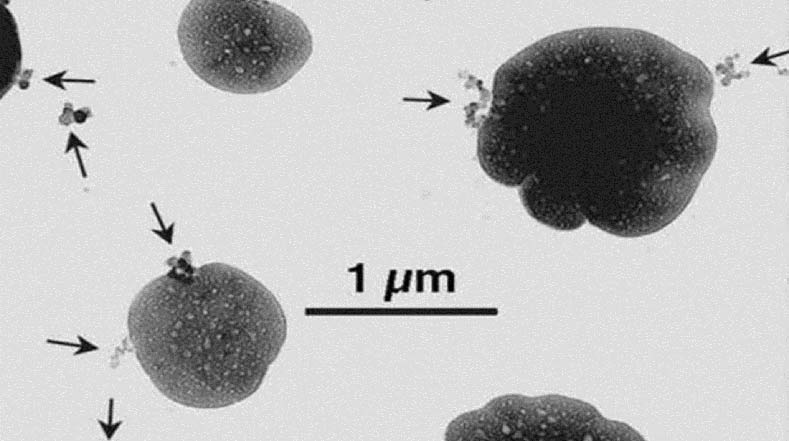

Working with residents to map wood smoke for targeted policy measures
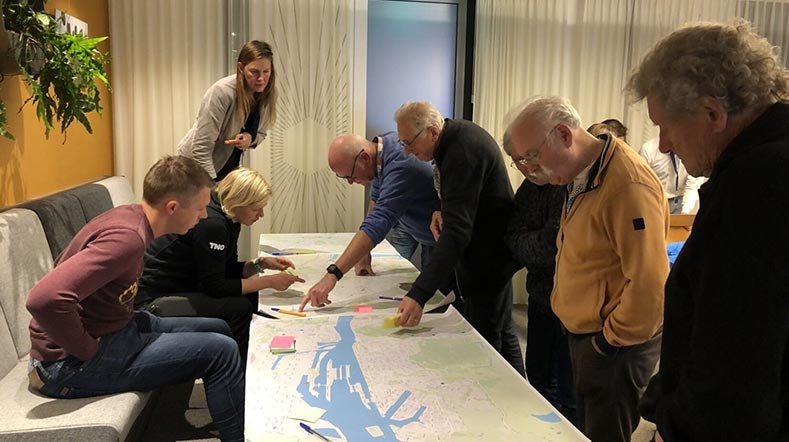

Real-world methane emissions from LNG-fueled ships are higher than current regulations assume


Cabauw: the atmospheric supersite improving our understanding of air and climate
